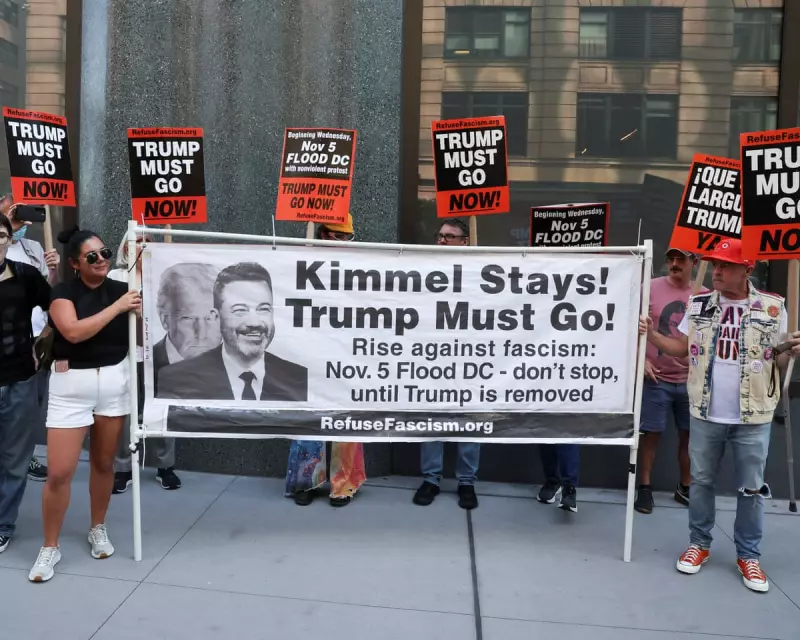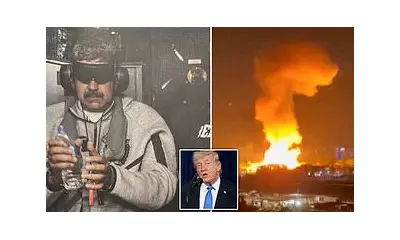
Late-night television host Jimmy Kimmel has found himself at the centre of a fiery free speech debate following his controversial remarks about former President Donald Trump. The comedian's sharp-edged commentary has sparked nationwide discussion about the boundaries of political satire and the true meaning of the First Amendment.
The Controversial Monologue That Ignited a Firestorm
During his recent broadcast, Kimmel delivered a scathing critique of Trump, employing his signature comedic style to target the former president's policies and public statements. The segment quickly transcended typical political humour, venturing into territory that critics argue crossed the line from satire into personal attack.
Free Speech or Hate Speech? The Dividing Line
Supporters of the comedian have rushed to his defence, citing the fundamental American right to free expression and arguing that political figures should expect scrutiny and parody. "Comedy has always been a vehicle for social commentary," argued First Amendment advocate Michael Roberts. "Kimmel's remarks fall squarely within the tradition of political satire that dates back centuries."
However, detractors claim the host's comments veered into dangerous territory, potentially inciting hostility rather than fostering constructive discourse. "There's a significant difference between thoughtful criticism and targeted mockery," countered media ethics professor Dr Eleanor Sharpe. "When comedy becomes weaponised, it risks undermining the very principles of free speech it claims to defend."
The Broader Implications for Political Discourse
This incident reflects growing tensions in American society regarding political expression and the role of entertainment media in shaping public opinion. The debate raises crucial questions about:
- The responsibilities that come with free speech protections
- The evolving nature of political comedy in polarised times
- Where to draw the line between satire and defamation
- The impact of celebrity commentary on public discourse
A Nation Divided Over Comedy and Criticism
The reaction to Kimmel's remarks has exposed deep divisions within the American public. Social media platforms have become battlegrounds for opposing viewpoints, with trending hashtags both supporting and condemning the comedian's approach.
This controversy emerges against a backdrop of increasing concerns about free speech limitations, cancel culture, and the politicisation of entertainment. As platforms grapple with content moderation policies and audiences become more segmented, incidents like this highlight the challenges facing modern media figures.
The Kimmel-Trump controversy serves as a microcosm of larger struggles within American society regarding expression, power, and the ever-shifting boundaries of acceptable political commentary. As the debate continues, it underscores the complex relationship between entertainment, politics, and the fundamental rights that define democratic discourse.





